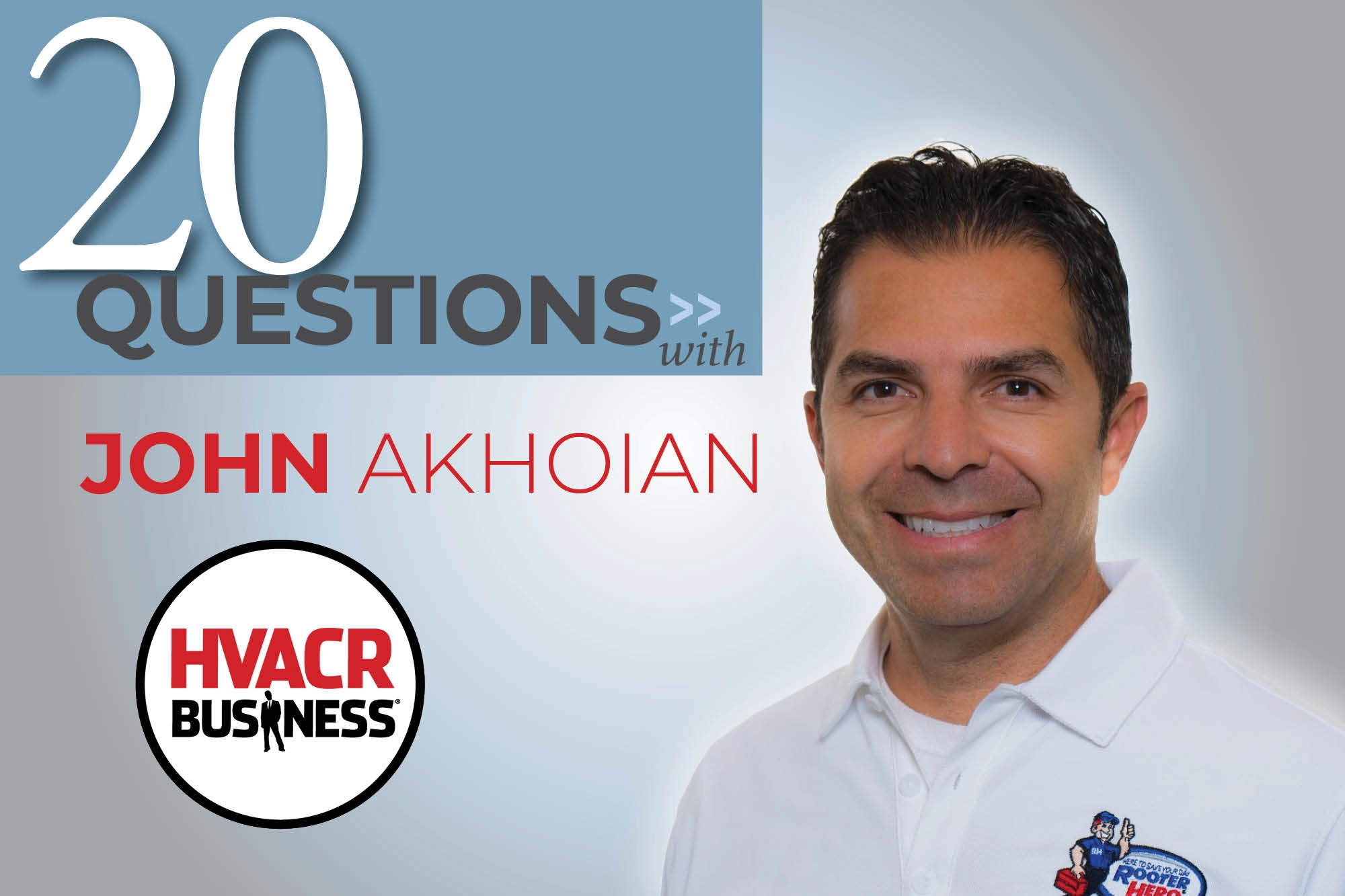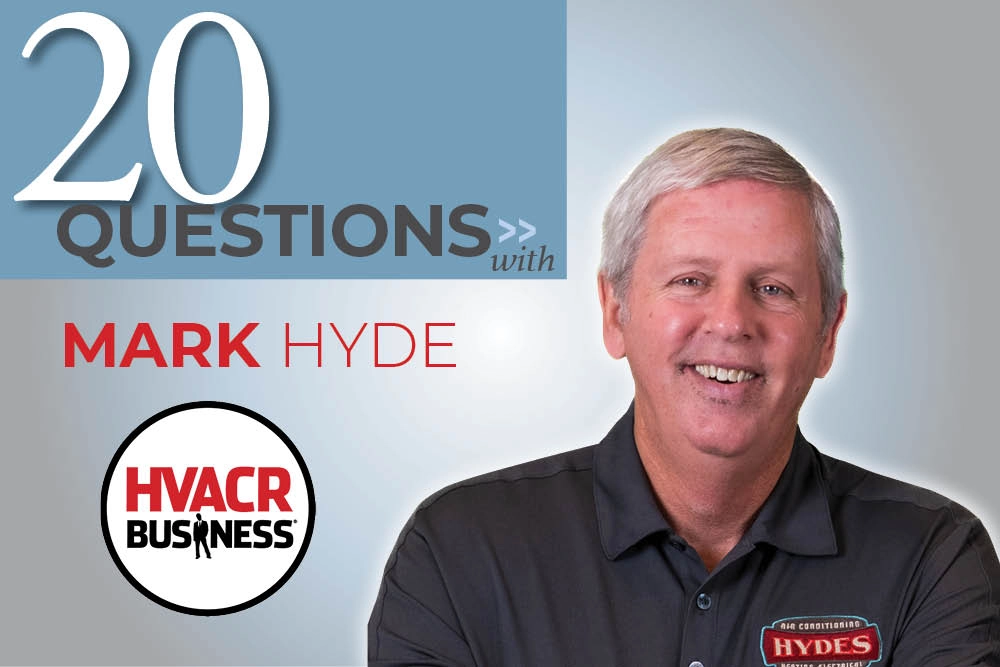You’ve heard the phrase, “People don’t like to be sold, but they love to buy.” It’s true, and people buy from salespeople they like and grow to trust. This is the difference between the varying degrees of success and failure within your sales organization and, ultimately, your company.
Hiring the right salespeople often is the most difficult decision a business owner makes because the success or failure of the organization is in their hands. The smaller your sales force, the more critical this becomes. In larger organizations with many salespeople, stars can balance out the laggards for a brief period; not so when the sales team consists of three individuals.
Here’s a list of things to consider when hiring your next salesperson:
Personality. An outgoing, friendly personality is the trademark of all successful salespeople. A person either has this or doesn’t, and you don’t need to be a professional interviewer to spot it.
Appearance. I’ve found most salespeople to be well dressed and groomed, although to be sure, there are exceptions. More importantly however, does the appearance fit the personality? Overdress, and you appear arrogant; underdress, and you give the appearance you just don’t care.
Handshake. It’s simple. It’s firm for men, women, and children. No wimpy handshakes, and no Superman grips.
Eye contact. This is the most underrated tool in the box no matter which side of the fence you’re on. Besides being one of the most attractive parts of the human body, eyes most often tell you where you stand with the person you are trying to sell to or buy from. Do yourself a favor — look at the person across from you — look into their eyes. This will give you clues and cues on where to head and where not to head next.
Preparation. All good salespeople are prepared before showing up. They know something about the individual or company before they walk in the door. Helping your prospect feel at ease within the first two minutes of a meeting sets the stage for the rest of the sales call. It’s also a sign of respect. They are not going to waste your time.
Sales knowledge. Sales knowledge is broken into two categories. The first is something you can teach — product or service information that can be learned in company manuals. The other “sales knowledge” may be known as timing. Knowing when to ask the right questions. When to simply listen, and when to answer. When to make the sales pitch, and when to come back. All salespeople talk a lot; great ones listen.
Follow up. Timely follow up is a chapter in every sales manual and training course. Surprisingly, many sales people aren’t good at it. They are too busy making the next call. Look for the salesperson that can slow down a bit and follow up with the right information in the right format at the right time.
Most often the techniques a candidate uses during the interview process are the same you’ll get in the field if you hire them. So compare your candidates’ behavior to the list. If they score As in these areas, chances are you’ll have a top performer joining your team.
Questions on Service Agreements
HVACR Business is launching a new service-agreement series, which will be featured in the September, October, and November issues of the magazine, and we need your help.
Our experts — Jackie Rainwater, a 46-year veteran and former owner of Peachtree Heating and Air-Conditioning, and Ron Smith, founder of Modern Aire in Fort Myers, Fla., and Service America — built their businesses on service agreements. They have answers — and want your questions.
This three-part series will cover all aspects of launching service agreements. Jackie and Ron will explain the importance and benefits for customers (improved safety and comfort and inflation protection from rising fuel costs) and contractors (lower advertising costs, increased profit through high-end equipment sales, and sustainable growth) as well as what investments need to be made in order for the agreements to succeed. They will take your real-world experiences and turn them into lessons learned and best practices for all contractors to benefit. The result: A stronger hvacr business community.
Are you interested in implementing an agreement program, but aren’t sure where to begin? Have you launched a program and didn’t have the success you anticipated? Then send us your list of questions.
To submit your questions about service and maintenance agreements to Jackie and Ron, please go to our online forums at www.hvacrbusiness.com/forums.





